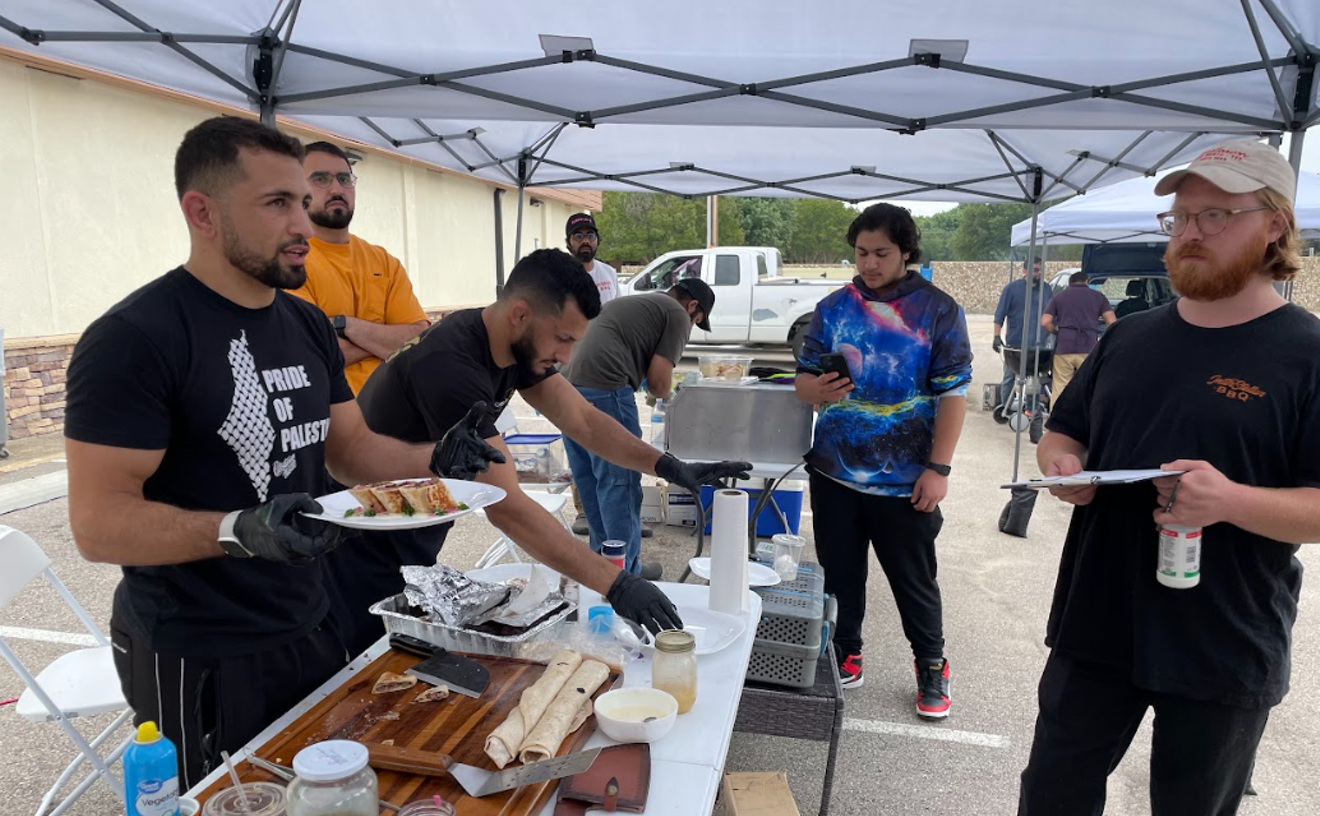The recent announcement that scientists found flame retardant in butter sold at Dallas groceries has fed a firestorm in the pallet industry.
A plastic pallet manufacturer this week filed a lawsuit against the U.S. National Wooden Pallet and Container Association (NWPCA), accusing the trade group of conducting a "malicious smear campaign" against Intelligent Global Pooling System (iGPS) plastic pallets. According to the lawsuit filed in Dallas County District Court, an NWPCA press release heralding the University of Texas' findings "without any basis in fact, outrageously attempts to communicate that there is somehow a serious risk food transported on iGPS' pallets would become contaminated."
Consumers may not spend much time thinking about pallets, but it's a huge industry: According to Virginia Tech's Center for Unit Load Design, more than two billion pallets are used every day in the U.S. Studies show 90 percent of all goods made in the U.S. - including food - are, at some point, put on a pallet.
The biggest pallet users are grocery stores, which account for about 35 percent of the total pallet market. Center for Unit Load Design director Ralph Rupert says plastic pallet producers are keen for their business.
But while most plastic pallet companies have played fair, iGPS has adopted an aggressive marketing strategy that includes accusing wood pallet makers of destroying forests and exposing an unsuspecting public to unsanitary wood. The first major battle in what's been called the "Pallet Wars" concerned a Tylenol recall, which iGPS linked to the preservatives used to treat wooden pallets.
"iGPS has created some waves," Rupert says. "It's very unfortunate. These two have been battling back and forth."
Rupert suspects NWPCA's press release was "somewhat retaliation" for the publicity iGPS scored with its allegations in the Tylenol case.
Rupert wasn't familiar with the details of the butter study, but pointed out foods rarely come into direct contact with a pallet.
"Pallets are tertiary packaging components," he says. "Food is two steps away from a pallet, and in many cases it's three, four steps or more. If you think about butter, it's wrapped in glossy paper, in a paper box, in a corrugated box."
While wood continues to dominate the grocery pallet industry, Rupert says it's impossible to say "wood is better than plastic" or vice versa.
"There's no broad brush," he says. "If I was putting bricks in a kiln, I'd want a metal pallet. Matching use to material is a better way to look at this discussion."
Discussion's a kind word for it: Acknowledging the tempers that have flared over the wood versus plastic debate, Rupert adds, "good luck with this very controversial story."










